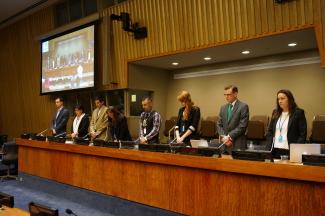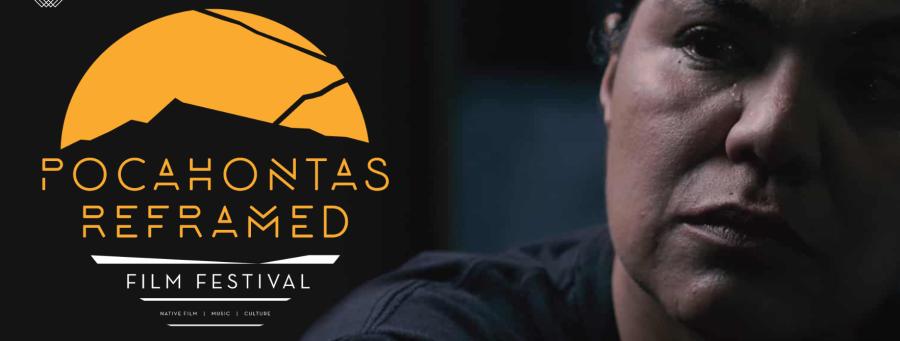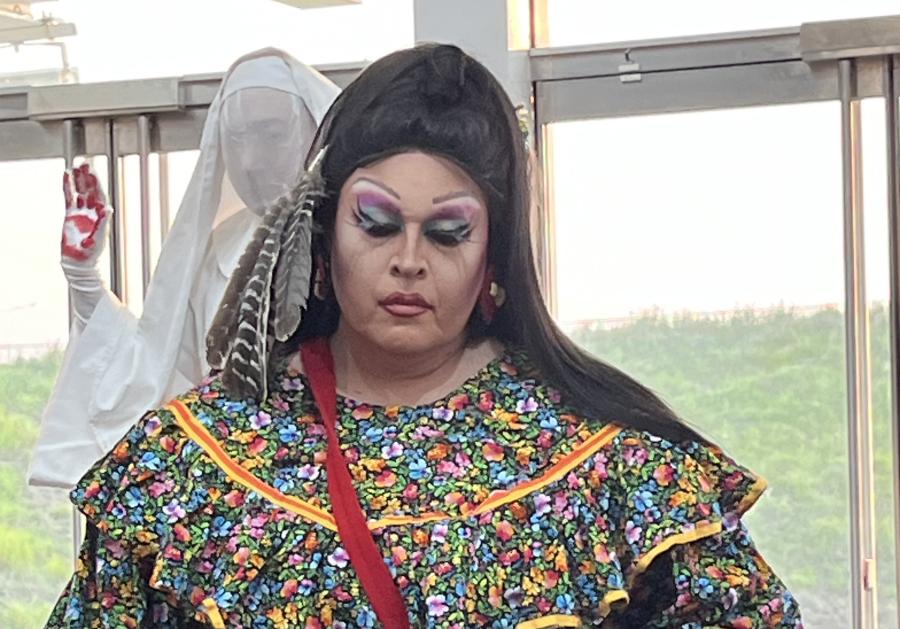
Free, Prior and Informed Consent (FPIC) is an emerging international standard for companies that interact with Indigenous Peoples. Closely tied to the concepts of tribal sovereignty and self-determination, FPIC is designed to replace the processes that historically excluded tribes from decision-making related to activities taking place on or near their land. Many entities, particularly in the extractive industries, have established their own protocols for interacting with Indigenous Peoples, but few FPIC protocols have been developed by Indigenous Peoples themselves. The Spokane Tribe of Indians of Washington have not only developed such a protocol, but have gone a step further by examining the enforcement of the right to FPIC—specifically as described in Articles 10, 19, 28, and 29 of the UN Declaration on the Rights of Indigenous Peoples—as part of tribal law.
In April 2015, students from the University of Colorado Law School and the director of Colorado Law’s American Indian Law Program traveled to New York City to participate in the 14th session of the UN Permanent Forum on Indigenous Issues where, along with Cultural Survival, First Peoples Worldwide, and the Spokane Tribe, they held a side event for representatives from those organizations and tribal officials to present the Tribe’s innovative work.
The precise set of actions that constitutes consent is not legally defined in international or domestic law. It is clear, however, that a tribe must be able to say “no” to a proposed activity. Other essential considerations involve the question of whose consent must be obtained, and whether consent must only be given once, or if it should be required at each phase of an agreement’s implementation. It is also clear that a tribe must be given time to understand, access, and analyze information concerning potential harms and impacts of a proposed activity before giving consent. This includes access to information in the local language and in a format that is culturally appropriate. Consent can only be made freely if it is given without coercion, external pressure from government or industrial sectors, manipulation, intimidation, or externally imposed timelines.
By establishing its own FPIC protocol, the Spokane Tribe can make critical decisions protecting tribal sovereignty and self-determination. Now, the Tribe wants to communicate the need for Indigenous FPIC with other Indigenous groups. To this end, faculty and students in the American Indian Law Program have been working closely with UN Special Rapporteur on the Rights of Indigenous Peoples, Victoria Tauli-Corpuz. When the rapporteur learned about the Tribe and Law Clinic’s efforts, she asked that a parallel event be coordinated at the 30th session of the UN Human Rights Council meeting in Geneva to showcase their work.
On September 22, Cultural Survival, Tebtebba, and the American Indian Law Program hosted “Indigenous Operationalization and Implementation of UNDRIP’s Free, Prior and Informed Consent.” Indigenous participation in the UN has been challenging, but the panel—the only side event for Indigenous Peoples during the two-week session—helped increase awareness of Indigenous issues. Working together, Cultural Survival and the American Indian Law Programs’ continued advocacy on behalf of tribes and other Indigenous groups worldwide will further help Indigenous Peoples realize the implementation of rights expressed in the Declaration. And the Spokane Tribe’s crucial work in bringing the right to FPIC into tribal law will serve as a model for Indigenous groups throughout the world.
—Carla Fredericks is an enrolled member of the Mandan, Hidatsa, and Arikara Nations and is director of the American Indian Law Clinic and American Indian Law Program at the University of Colorado Law School in Boulder.



